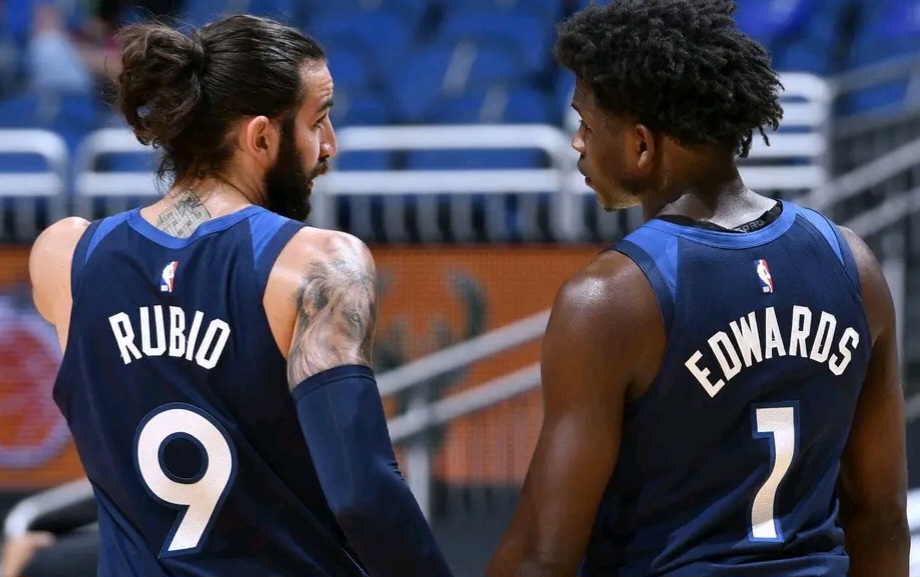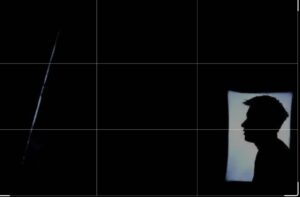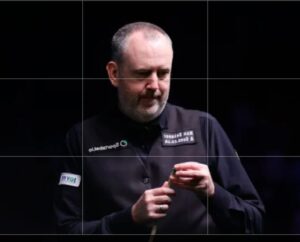
‘I Didn’t Want to Go On’: Inside Ricky Rubio’s Life-or-Death Struggle Beyond Basketball
Ricky Rubio’s story began as a basketball fairy tale. At just 14 years old, he made his debut in Spain’s prestigious ACB League, the second-best basketball league in Europe behind only the EuroLeague. Donning the Joventut jersey on October 15, 2005, the young Catalan instantly drew comparisons to legends and carried the heavy burden of expectation. His creativity, court vision, and fearlessness made him a sensation.
Six years later, Rubio made the leap to the NBA, joining the Minnesota Timberwolves as the fifth overall pick—famously selected ahead of Stephen Curry. His flashy passes and energetic style injected life into the team and excitement into arenas across the league. Fans believed they were witnessing the rise of a generational talent.
But behind the dazzling assists and boyish grin was a growing internal struggle. The pressure of living up to lofty expectations, combined with personal and professional challenges, eventually took a toll. Rubio stepped away from the game, not because his skills had faded, but because he was battling something far more serious—depression.
After a period of introspection and healing, Rubio returned to Spain, signing once again with Barcelona in his home region of Catalonia. Yet, something was missing. The youthful joy that once defined his game had faded. The magic that made him a fan favorite seemed out of reach.
Rubio’s openness about his mental health battle has reframed his legacy. It’s no longer just about the passes or the points. It’s about resilience. It’s about the courage to say “I need help” in a world that too often demands perfection from its heroes.
While Ricky Rubio may no longer light up the court, his story offers something even more powerful—hope. He didn’t just survive the game; he survived life’s darkest moments. And that, more than any stat line, is his greatest victory.



